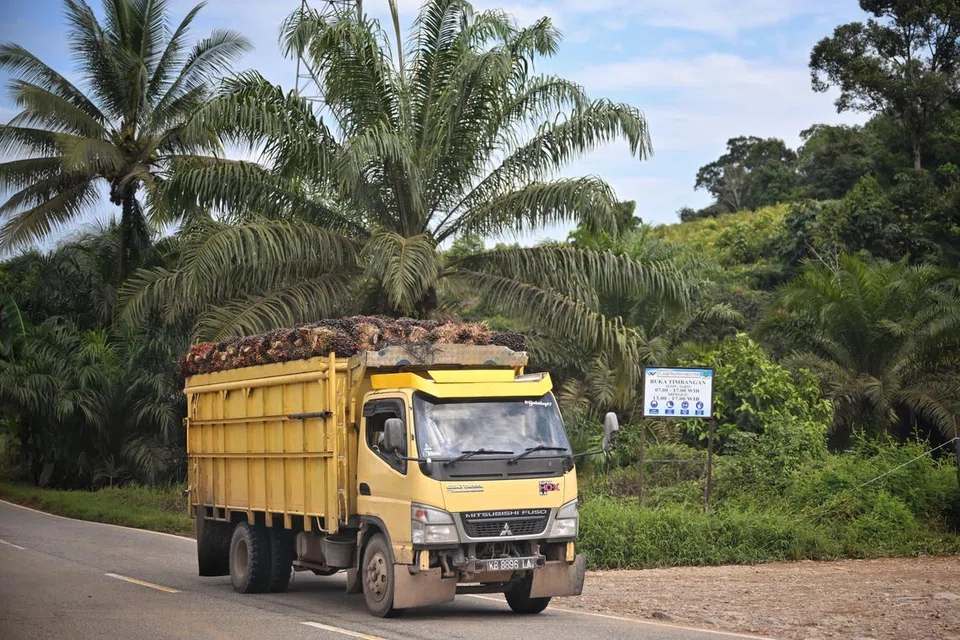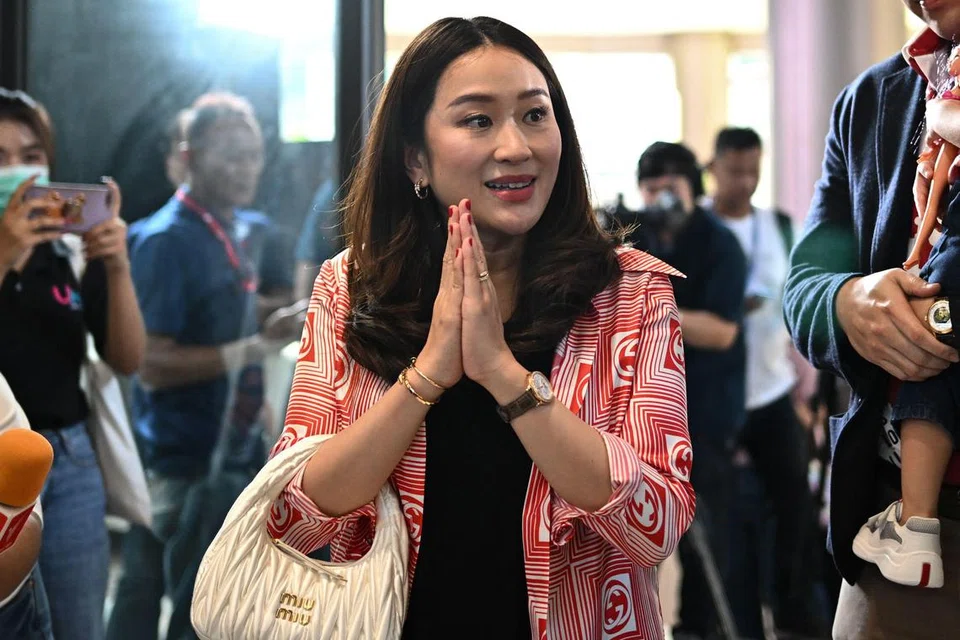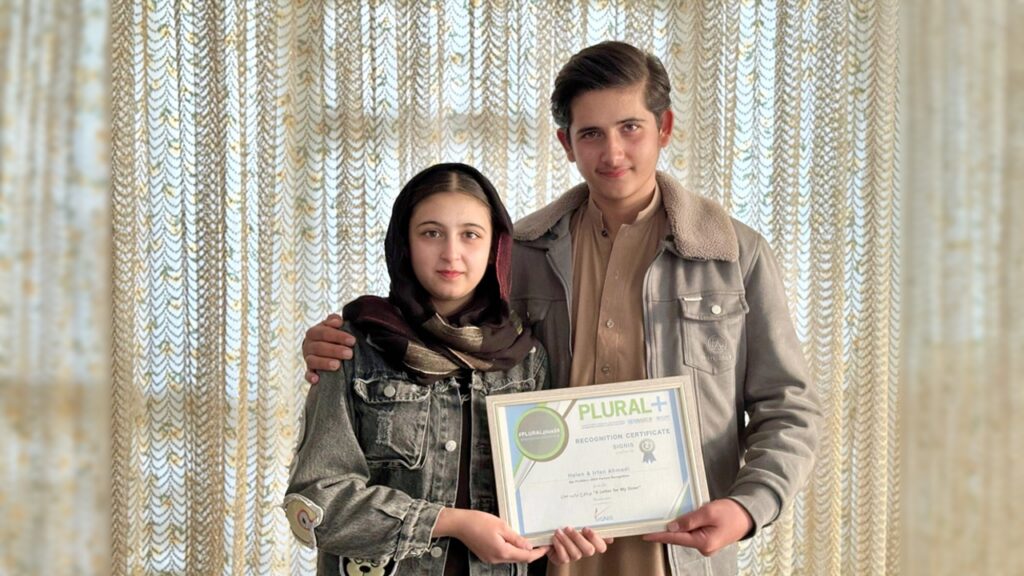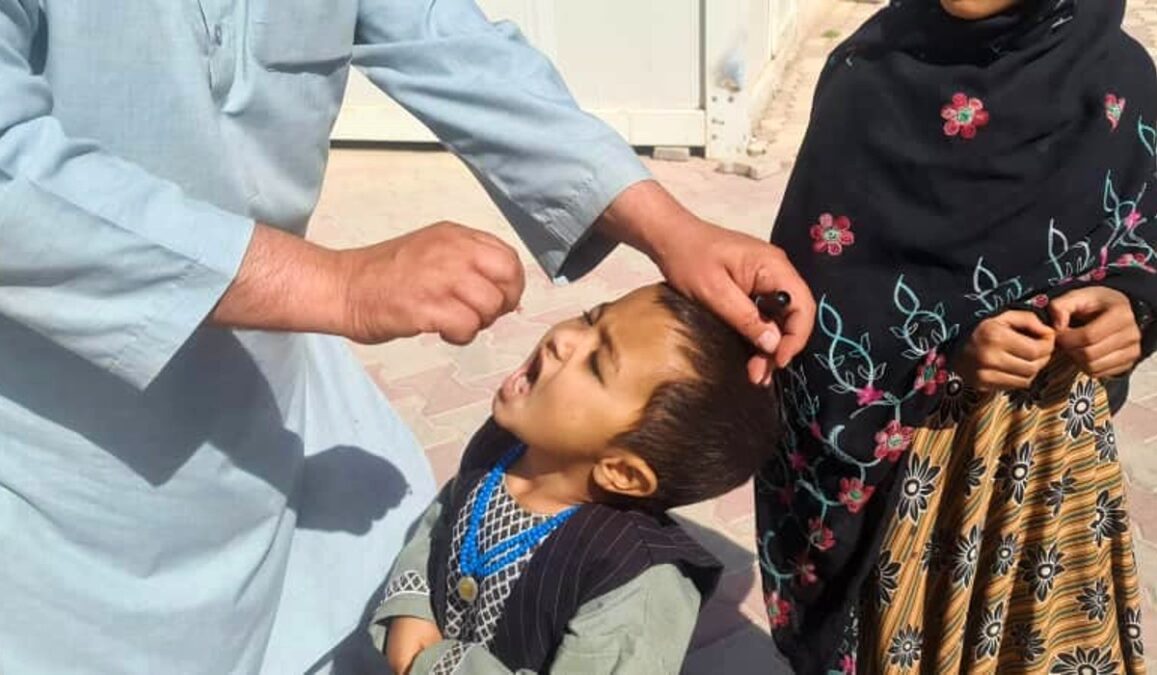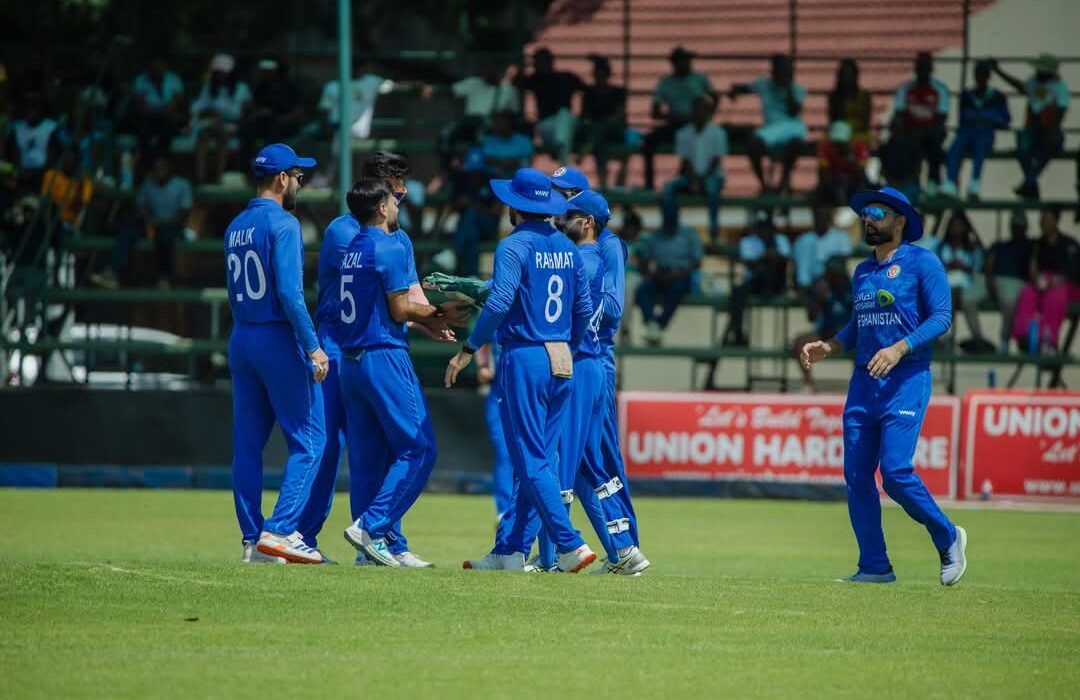
Shoppers walk past small shops at an underground mall in Zhuhai, neighbouring Macau
PHOTO: Reuters file
BEIJING — Millions of government workers across China were given surprise wage increases this week, people affected by the move said, as Beijing looks to boost spending to support the slowing economy.
On a combined basis, the immediate payout would amount to a one-time shot to the economy of between about US$12 billion (S$16 billion) and around US$20 billion if all 48 million people counted as public-sector workers collected on the terms described to Reuters.
The last time China publicly announced a nationwide increase in pay for civil servants was in 2015, when the government raised pay for local officials by more than 30 per cent as part of an effort to combat corruption and lift consumers' spending power.
The State Council Information Office, which speaks for China's government, did not immediately respond to a request for comment.
This time, monthly wages for government employees were increased by an average of about 500 yuan (S$93.70), according to people contacted by Reuters or who had posted on social media. Some junior government workers reported monthly increases of near 300 yuan.
In many cases, the salary increase for officials and public-sector workers was backdated to July and delivered in a single, bonus-like payment, people with knowledge of the matter said.
"Beijing's strategy seems to be encouraging consumption by people who are more willing to spend," said Xu Tianchen, senior economist at the Economist Intelligence Unit.
"So far we've seen cash handouts to poor populations and the pay rise in the public sector. Low-income groups tend to spend a higher share of their income, while civil servants are presumably more likely to spend than private business employees due to their higher levels of social security benefits."
The widespread pay increases, which affected teachers, police and civil servants working across China, were first reported by Bloomberg.
The move was not announced or detailed by Beijing. It was not immediately clear how the increase would be funded, what the total cost would be or the percentage increase in salaries.
A teacher and a civil servant both in southern China said they had received an increase of around 10 per cent. The amount of the pay rise also varied depending on the economic and fiscal situation for provincial governments, another person familiar with the payouts said.
Chinese leaders agreed last month to run a higher budget deficit equivalent to four per cent of gross domestic product (GDP) this year, Reuters has reported.
That would support efforts to hit an economic growth target of around five per cent for 2025 despite the drag from a protracted property crisis, falling prices and the prospect of higher tariffs on exports to the United States.
Government workers began posting on social media about the pay increase on either side of the New Year's Day holiday.
"It's a good thing for everyone if we can walk out of deflation," one person posted on Weibo from Jiangsu.
Others were critical. "How come you stimulate consumption by targeting a small group of civil servants?" a Hubei-based Weibo user said.
A record 3.4 million young Chinese took the civil service exam last year, lured by job security at a time when the private sector is under pressure.
The number of civil service applicants has tripled since 2014 even though some local governments have struggled to pay wages, cutting compensation and in some cases eliminating jobs.
A group of Beijing city workers were told on Thursday they would get a pay bump of at least 500 yuan per month without further detail, one of the workers, who asked not to be identified, told Reuters.
The good news spurred the team to head out to a restaurant to celebrate, the person told Reuters. "This should be helpful to boost consumption," she said.

